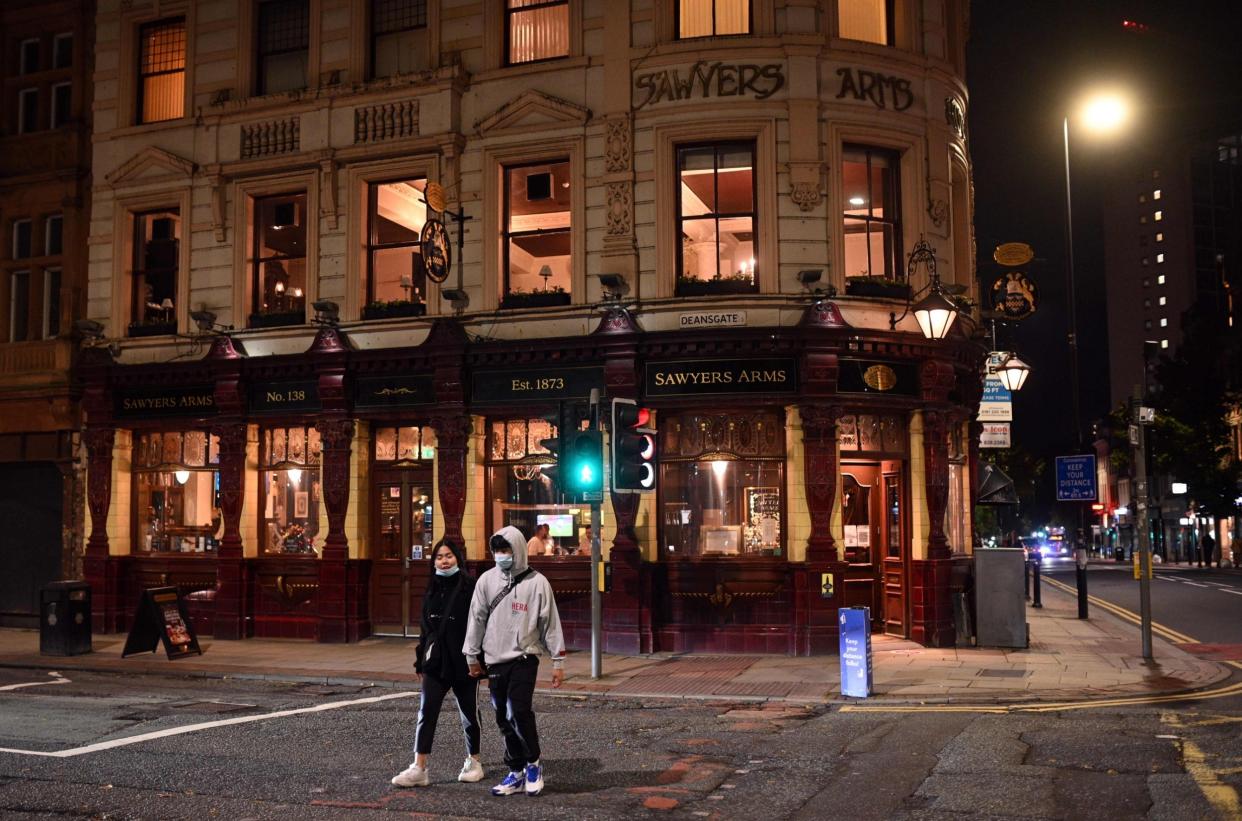Businesses to be short-changed by new lockdown support packages, Labour warns

The North of England is being short-changed over the support offered to areas facing fresh lockdowns, Labour has warned.
The opposition said that many businesses in the new Tier 3 areas will get £500 a week, which is less than a third of what they received in the first shutdown.
Businesses in Tier 2 areas across the North and Midlands will not be eligible for any additional support because they are not legally closed, Labour claimed.
Lucy Powell, shadow minister for business and consumers, said: "The Government is short-changing businesses and communities across the North.
"Locking them down but offering just a third of the support given to businesses nationally during the first lockdown is a kick in the teeth that makes a mockery of the levelling up agenda.
"Clawing back hundreds of millions of pounds from areas facing tougher restrictions just adds insult to injury.
"They need to urgently rethink their approach and ensure areas facing the toughest restrictions get a fair deal."
A Treasury spokesman said: "We've put in place a comprehensive plan to protect, support and create jobs in every region and nation of the UK, with more than £200 billion of support since March.
"And our Winter Economy Plan will ensure this continues in the difficult weeks and months to come - providing a toolkit of support for all situations.
"Our expanded job support scheme will protect jobs in businesses that are open or closed, we've increased grants for firms required to close and are providing additional funding for local authorities and devolved administrations.
"This is alongside existing support measures including extended VAT cuts, business rates holidays and our extended loan schemes."
Read more
Greater Manchester and Lancashire could face toughest Covid controls

 Yahoo News
Yahoo News 
